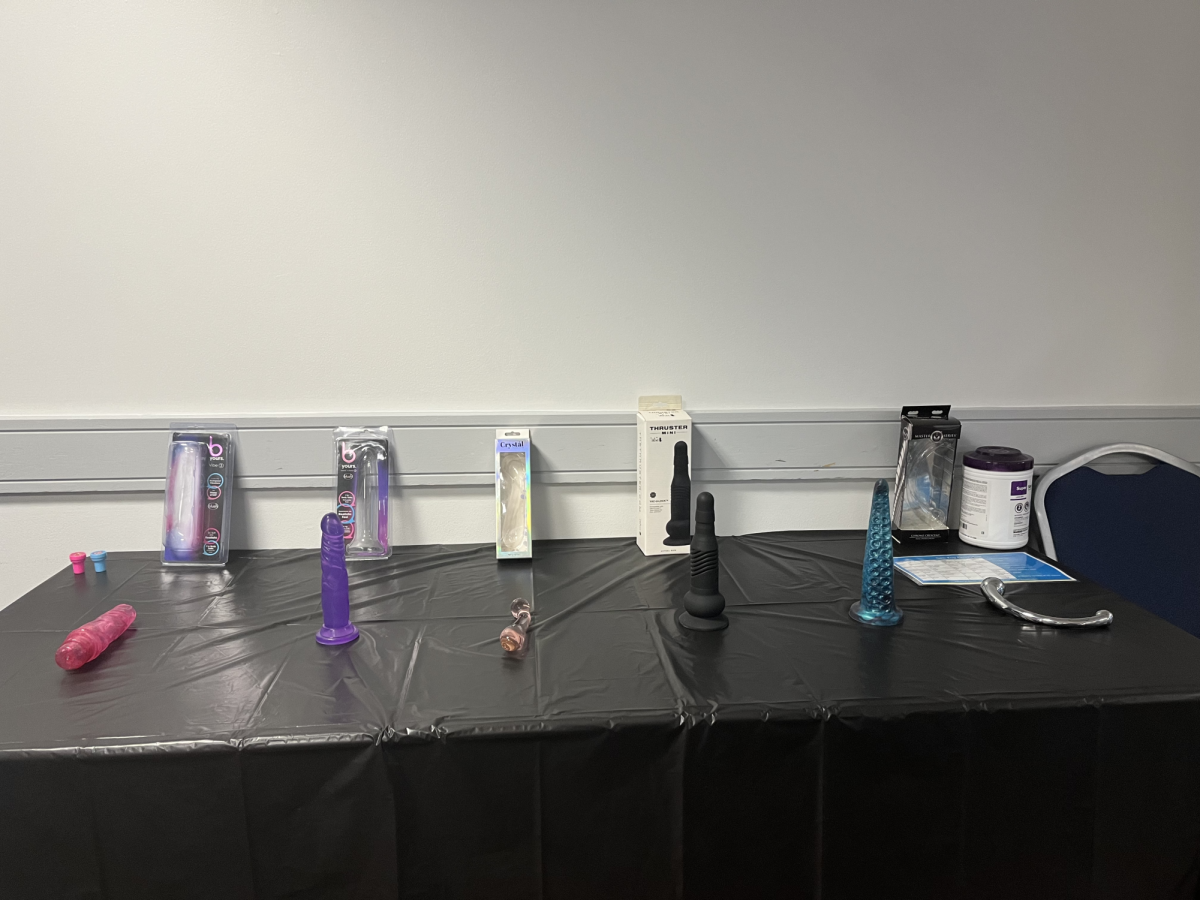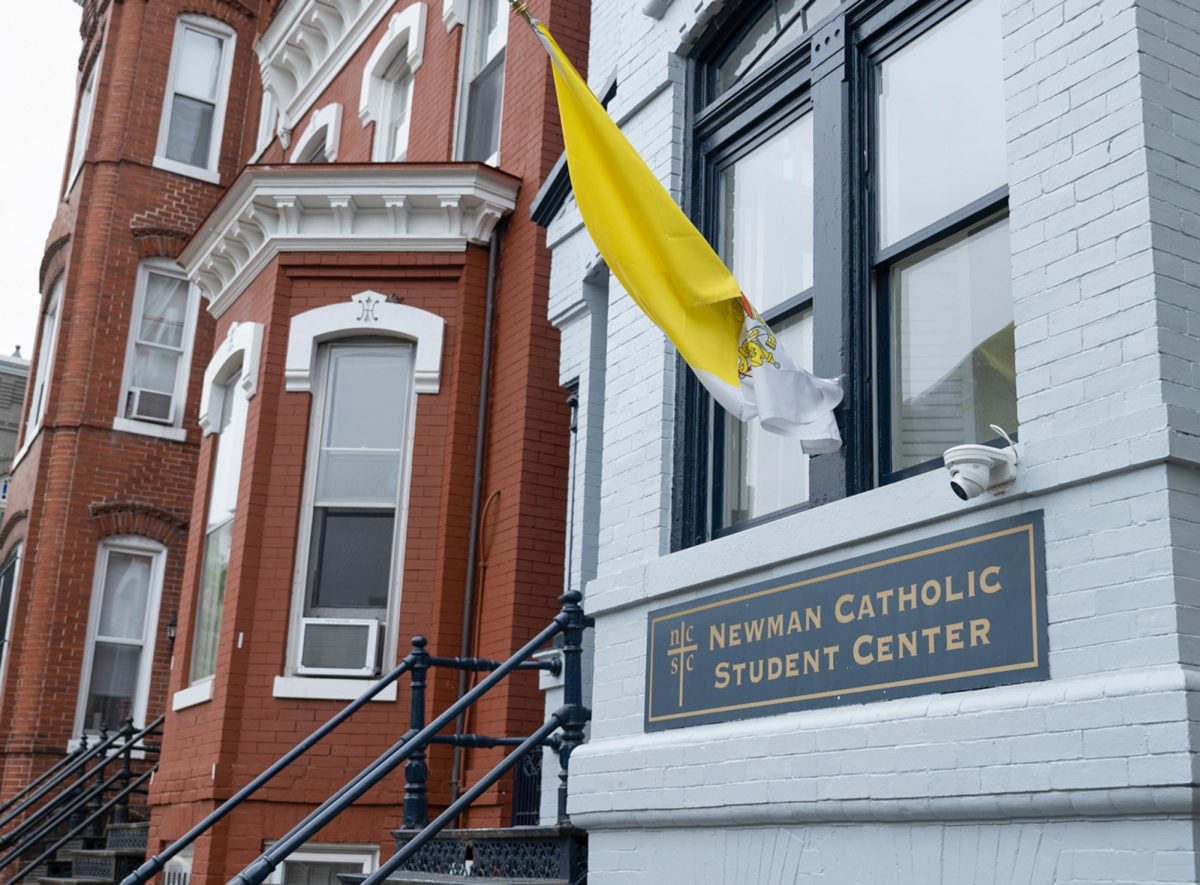Desiring to nourish both the body and mind, Green GW invited food and environmental activists on Monday, Oct. 24 to discuss nutrition and sustainability.
“Nourish: Food and Community,” the half hour PBS documentary aired in celebration of National Food Day, jump-started the event, which ended with discussions about sustainability and various food cultures.
A small panel discussion featured senior Melissa Eddison, founder of GW Food Justice Alliance and Food Co-op, Andrea Northup, coordinator for DC Farm to School Network, Paul Strauss, D.C. shadow senator and Brent Olsen, a geography professor at GW.
“National Food Day is set up by a non-profit that tries to educate the American population on how to best carry their diet to healthy lifestyle,” Eddison said.
National Food Day was established in 1971 with a goal of transforming the nutrient-lacking American diet by inspiring people to eat real.
“Food is an environmental issue that most people do not think about. People don’t realize that foods which we eat three times a day makes a huge difference. So we wanted to start the tradition at GW to raise awareness of sustainability,” Isabelle Riu, sophomore and president of Green GW said.
Riu also discussed the timeliness of the event, citing the recent renovation of J Street and focus at GW on orienting students toward a healthier diet.
Speakers shared potential solutions to transform diet issues and to promote positive change in both individual behaviors and acts of government related to food and sustainability.
“For the District of Columbia, one of the biggest issues is obesity. We have incredible health problems as it relates to the diet. Health issues such as diabetes or high cholesterol later blossoms into larger problems. In addition, individuals’ lack of awareness about the importance of food is a prominent issue,” Strauss said.
The District released its first ever Obesity Report And Obesity Action Plan in 2010. The report found that 25.1 percent of women in the District are obese, outweighing the 18.9 percent of their male counterparts who are also battling the scale.
Riu described the importance of drawing student attention to health concerns, but also to increasing students’ awareness of what they are actually eating and where it comes from, not just chomping down when it’s convenient.
When Eddison first came to GW, she described feeling frustrated to find out food was not an issue of high importance for many of her peers. Although frustrated, she was not deterred from making a change.
“The frustration as, ‘How come I can’t find the food that I want?’ later turned into positive energy toward creating awareness of food. And that’s where several other students and I started to work on the community garden,” Eddison said.
GW’s community garden, located across from Amsterdam Hall on H Street, grows food which they donate to local non-profit Miriam’s Kitchen, and a small portion is shared amongst the green-thumbed gardeners.
While it has flourished on campus, becoming a workshop on healthy living, the inner-city garden is an anomaly among the overwhelmingly concrete District environment.
“There are only a few small sustainable farms and workers,” Andrea Northup, coordinator for the DC Farm to School Network, said. “Just looking at the school system that I work with, it’s a whole orchestra that influences what a child eats. There are so many ways people can get involved in making the change.”
Eddison echoed the availability and necessity for change, especially the potential for reform that exists at GW.
“I think education through experience is very important, whether that means putting hands in the dirt or slicing vegetables that you’ve never heard of and making a meal, it’s the experience that combines touching, feeling, hearing, smelling and tasting. That makes a great influence on individuals’ decision making in a supermarket or restaurant,” Eddison said.







